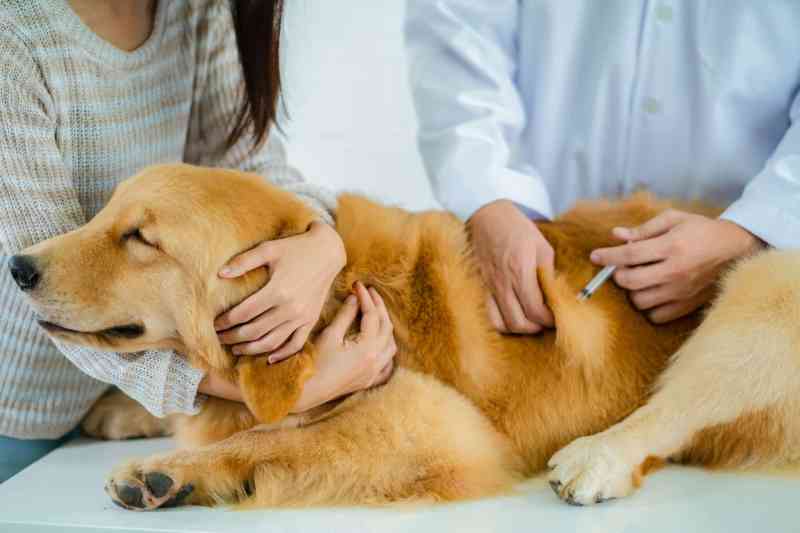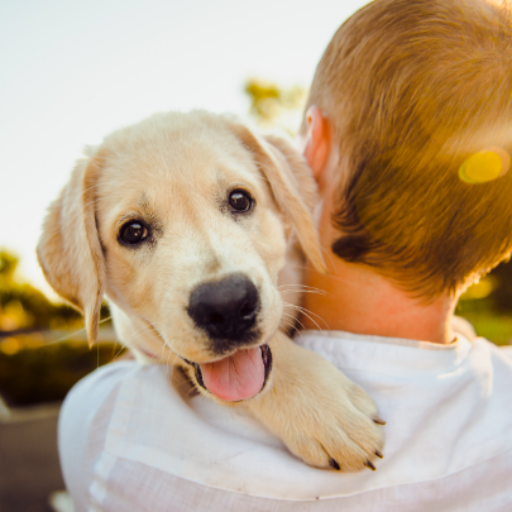Where Can I Get My Dog Shots At Near Me – Interested in taking some steps to keep your pets safe and healthy? Read more!
Thank you for getting your dog vaccinated or updated! Below you will find all the necessary information about protection against diseases and viruses!
Where Can I Get My Dog Shots At Near Me

All appointments include the home visit fee (prices vary depending on location), as well as the cost of the consultation and physical examination. In the case of puppies that have undergone multiple visits or a series of vaccinations, consultation fees are discounted for subsequent visits! The price of the vaccination is the same for each visit. At the time of vaccination, the highly recommended Interceptor Dewormer is also administered. We’ve gathered some information about microchipping that can be done in the comfort of your own home to keep your pet safe!
Dog Vaccinations Cost: What You’ll Pay
Please feel free to contact us if any of these are unclear or if you have any other questions!
Since we are a backyard service, we also come to your home! This of course means that we are not working. However, we work with all the clinics in the city and can supply them with vaccination sheets etc.
Microchipping is the insertion of a small data device (the size of a grain of rice!) into your pet’s skin to access its information should it go missing. Vet clinics and animal shelters have scanners that they can use when an animal comes in, and when they scan your pet, you’ll see a unique ID number associated with your information. It allows you to connect and reunite with your lost pet! Chipping is almost always welcome, and we’ve tried to help even more with 24 Pet Watch.
It is a deadly viral disease that can infect warm-blooded animals, including cats, dogs and humans. It affects the central nervous system and often manifests as dramatic changes in a dog’s behavior, including sudden restlessness, aggression and fear. It is spread through the bites of wild animals. The rabies vaccine is very effective in preventing infection with the rabies virus. Recommended for ALL DOGS.
Nobivac® 1 Rabies Vaccine For Dogs
Canine distemper is a systemic, highly contagious, potentially fatal viral disease. It is accompanied by fever, runny nose, cough and vomiting, and muscle stiffness or cramps. Wild animals such as foxes, coyotes and raccoons can be transported.
It is responsible for the development of canine hepatitis, an infectious, potentially fatal disease that affects the liver and other organs of the body; CAV-2 causes infectious laryngotracheitis in dogs. Young dogs under one year of age are particularly vulnerable. Symptoms of CAV-1 infection include fever, loss of appetite, lethargy, blue eye hepatitis, vomiting, diarrhea, and neurological abnormalities.
Causes infectious respiratory diseases and participates in opportunistic blood infections. Along with many other viruses and bacteria, CPiV is a component of infectious hemorrhagic tracheobronchitis, also known as “whooping cough”. The main clinical symptom is a dry, persistent cough.

Parvovirus enteritis is an acute, fatal disease of the immune system and the gastrointestinal tract, but the virus can also cause many other systemic diseases. Although dogs of all ages are susceptible, puppies are at risk. Symptoms include vomiting, bloody diarrhea, fever and dehydration. Since these symptoms can also indicate other diseases, the veterinarian can confirm the diagnosis of parvovirus infection by taking a diagnostic blood count. Parvovirus can cause severe and severe dehydration, multiple organ failure, and death in puppies. Vaccination protects puppies from severe parvovirus infection. DA2PPV is recommended for ALL DOGS.
How To Make Your Dog Less Fearful Of Shots
1. Bordetella: also “whooping cough”. A common bacterial pathogen that causes clinical signs of respiratory disease in dogs. This vaccine is often required for turkeys and deer and is highly recommended for dogs that are in constant contact with other dogs.
2. Lyme disease: Also known as Lyme disease, it is caused by the bacterium Borrelia burgdorferi and is spread by black-legged ticks (deer ticks). The disease can affect both animals and humans. Symptoms include high fever, which can be chronic, as well as loss of appetite, lethargy, and swollen lymph nodes. Abnormal neurological, cardiac, renal and reproductive symptoms may also occur. Lyme disease can spread to the urological (urinary tract) system without treatment, and in these cases is often fatal without aggressive treatment.
3. Leptospirosis: a contagious bacterial infection caused by organisms that can survive long periods of time in standing water on land. Animals and humans can become infected by consuming contaminated food or water. Symptoms include weakness, loss of appetite, vomiting, diarrhea, fever, lethargy, and mild conjunctivitis. The later stages of the disease are characterized by difficulty in breathing, increased thirst and urination, back pain, urge to move and nausea. Kidney and liver failure are often fatal consequences of this disease. This disease is often found in pockets and most dogs become infected when they are in a certain area. It is also contagious to humans (zoonosis) and spreads through the urine of an infected animal.
Puppies are vaccinated every 3-4 weeks (from 6 weeks of age) until 14-16 weeks of age. If the puppy doesn’t start its series by 12 weeks, it will need two vaccination appointments, but before then it is unprotected and there is a high risk of infection.
Puppies Going Outside: Timeline, Vaccinations, And Indoor Play
The vaccination schedule for an adult dog is slightly different from that of a new puppy. Your dog will fall into one of three categories.
Schedule for dogs older than 16 weeks for vaccinated but expired, trained or visited dogs. They will need two meetings:
A schedule for a dog over 16 weeks of age who has never been vaccinated – and is active outdoors. They’ll need two dates: What’s better than puppies? That’s right: your puppy. So what do you need to know before you start owning a pet?
![]()
Welcome to the small world. Right now, everything is developing for puppies, so you have to prepare for a lot.
Know The Requirements For Your Pet’s Rabies Vaccination
Your dog is ready to come home and turn the world upside down. It’s time to put your training into practice – and remember everything!
You are entering a period of enormous growth, lots of learning and new adventures. Have a play date with the world!
Your fur baby is getting old. Do you see them growing up? Sigh…they grow so fast don’t they?
Your turn has become one, and there may not be too many. Record your first annual review.
After Receiving Shots My Dog Became Dizzy And Began Falling. Is This A Vaccine Reaction And How Can This Be Prevented From Happening?
Your dog is now a permanent member of the family. Enjoy them, the connection you share in this special moment.
Your dog is an adult. They understand where you are in your home and in the world.
Like most seniors, senior dogs have additional needs. Learn how to care for your best friend and help them stay healthy as they age.

Once your puppy is rehomed, how can you ensure your new dog has the best possible protection against preventable infectious diseases? Fortunately, we now have effective vaccines for puppies to protect them from dangerous infections.
The Puppy Vaccine Schedule Recommended By Veterinarians
Here’s a simple guide to follow to give your energy the best chance of surviving to the leading gates. Vaccination guidelines vary between animal shelters and different regions of Australia. The protocol may also vary depending on the brand of vaccine in the vet’s stock. Below is the method used in my practice:
Puppies’ first vaccination consists of a 3-in-1 vaccine called C3, which covers the following life-threatening diseases:
Most puppies sold in New Zealand usually have their first vaccination before being brought home, but it is important to have a vaccination certificate to prove this.
Generally, a puppy’s second vaccination is given about 4 weeks after the first. As you can see from the list above, the 2nd vaccination includes the 2nd dose of the C3 vaccine, as well as canine infectious tracheitis, sometimes kennel cough or pertussis. Cattle has a viral component (Parainfluenza) and a bacterial component (Bordetella). This vaccine can be given as an intranasal dose (dropped into the nose), an oral dose (dropped into the mouth), or as an injectable dose (combined with the C3 vaccine and given in a single injection). under the skin).
When Do Puppies Get Shots?
Puppies receive their last vaccination at at least 16 weeks of age, as maternal antibodies are acquired at this age.

